01 - Evaluating the Influence of Credit Risk on Islamic Bank Performance: The Moderat...
http://dx.doi.org/10.31703/gssr.2025(X-III).0110.31703/gssr.2025(X-III).01 Published : Sep 2025
-
The research investigates how credit risk affects Islamic bank profitability in Pakistan while studying the influence of Sharia governance. Islamic banks manage credit risk differently from traditional banks because they follow Shariah principles that base their operations on profit-and-loss sharing while banning riba interest transactions. This research analyzes NPL effects on bank profitability ... Details
-
Credit Risk, Non-Performing Loans, Return on Assets, Shariah Board Size, Shariah Board Meetings, Bank Size
-
(1) Noor Fatima
MBA, Hailey College of Banking & Finance, University of the Punjab, Punjab, Pakistan.
(2) Zargham Ullah Khan
Assistant Professor, Hailey College of Banking & Finance, University of the Punjab, Punjab, Pakistan.
(3) Muhammad Idrees
PhD Scholar, Hailey College of Banking & Finance, University of the Punjab, Punjab, Pakistan.
02 - Adopting Agricultural Practices to Address Climatic Variability: A Case Study of...
http://dx.doi.org/10.31703/gssr.2025(X-III).0210.31703/gssr.2025(X-III).02 Published : Sep 2025
-
This paper will try to study the effects of climate change on agricultural practices in Qutbal, Rawalpindi, a rural region of Pakistan dependent on rainfall for cultivation. Erratic rainfall and rising temperatures, along with extreme events, have disrupted traditional farming practices and put smallholder farmers at risk. The study took a qualitative exploratory approach, and data were collected ... Details
-
Climate Change, Adaptive Farming, Climate-Smart Agriculture, Smallholder Farmers, Agricultural Resilience, Drought-Resistant Crops, Sustainable Agriculture
-
(1) Ayesha Ishfaq
Undergraduate, Department of Anthropology, PMAS-Arid Agricultural University Rawalpindi, Punjab, Pakistan.
(2) Abid Ghafoor Chaudhry
Associate professor Chairman, Department of Anthropology, PMAS-Arid Agricultural University Rawalpindi, Punjab, Pakistan.
03 - Factors Associated with Subjects' Selection Among Secondary School Students in K...
http://dx.doi.org/10.31703/gssr.2025(X-III).0310.31703/gssr.2025(X-III).03 Published : Sep 2025
-
Subjects' selection for secondary school students is an important activity. This study investigated factors associated with subjects' selection of secondary level students. Objectives of the study were: finding out factors associated with subjects' selection of secondary school students and developing recommendations for appropriate subjects' selection. The design of the study was quantitative. Th... Details
-
Factors, Associated, Subjectsâ Selection, Secondary School, Students
-
(1) Alam Zeb
Assistant Professor, Center for Education and Staff Training, University of Swat, Charbagh, KP, Pakistan.
(2) Arshad Ali
Professor, Institute of Education & Research, University of Peshawar, KP, Pakistan.
(3) Mian Said Hussain
M.Phil Scholar, Center for Education and Staff Training, University of Swat, Charbagh, KP, Pakistan.
04 - The Effects of Parents' Socialization Using Languages Other Than Their Indigenou...
http://dx.doi.org/10.31703/gssr.2025(X-III).0410.31703/gssr.2025(X-III).04 Published : Sep 2025
-
In Pakistan, most of the population is multilingual owing to their ethnolinguistic identities. However, Urdu and English are used as contact languages and considered more prestigious than indigenous languages. The present study focuses on the Saraiki language shift due to the parents' inclination to use Urdu and English while socializing with their children. The present study used a purposiv... Details
-
Multilingual, Indigenous Languages, Saraiki Language, Contact Languages, Language Shift, Ethnolinguistic Identity, Language Preferences, Motivational Factors
-
(1) Sana Mahmood
Lecturer, Department of English, Faculty of Arts and Humanities, National University of Modern Languages, Islamabad Campus, Islamabad, Pakistan.
(2) Ejaz Mirza
Assistant Professor, Department of English, Faculty of Social Sciences and Humanities, National University of Modern Languages, Rawalpindi Campus, Islamabad, Pakistan.
05 - From Grades to Greatness: The Role of Belief and Self-Efficacy in Shaping Entrep...
http://dx.doi.org/10.31703/gssr.2025(X-III).0510.31703/gssr.2025(X-III).05 Published : Sep 2025
-
In this study, the researcher examines how student grades influence the entrepreneurial behavior of intermediate students, belief, self-efficacy, and entrepreneurial intention form mediating variables. A sample size of 400 respondents chosen by convenience sampling. The importance of each of the variables can be viewed with reference to employability: entrepreneurial education is perceived as a me... Details
-
Student Grade (SG), Belief (B), SE (SE), Entrepreneurial Intention (EI), Entrepreneurial Behavior (EB)
-
(1) Samman Fatima
Undergraduate, Department of Business Administration, University of Education, Lahore, Punjab, Pakistan.
(2) Aamar Ilyas
Assistant Professor, University of Central Punjab, Gujranwala Campus, Punjab, Pakistan.
(3) Hafiz Ahmad Ashraf
Assistant Professor, University of Central Punjab, Gujranwala Campus, Punjab, Pakistan.
06 - Cyberbullying and Hate Speech in Social Media Memes Against Women: A Multi-Modal...
http://dx.doi.org/10.31703/gssr.2025(X-III).0610.31703/gssr.2025(X-III).06 Published : Sep 2025
-
Social media memes play a pivotal role in propagating discourses and, in turn, influencing the thought-construction of the public. Many users are involved in cyberbullying and hate speech, particularly by using insensitive language and negative stereotyping in social media memes against women. This study analyzed the misogynistic modes used in memes to understand their social and psychological inf... Details
-
Cyberbullying, Hate-speech, Forensic Linguistics, Forensic Psychology, Misogyny, Insensitive Language, Negative Stereotyping, Deriding Visuals
-
(1) Muhammad Zulqarnain
Lecturer, Department of English, National University of Modern Languages, Islamabad, Mirpur, AJ&K Campus, Pakistan.
(2) Ayesha Sajjad
BS Student, Department of English, National University of Modern Languages, Islamabad, Mirpur, AJ&K Campus, Pakistan.
(3) Farwa Noor
Lecturer, Department of English, National University of Modern Languages, Islamabad, Mirpur, AJ&K Campus, Pakistan.
07 - Decoding English and Urdu Syntactic Structures: A Minimalist Account of Voice Al...
http://dx.doi.org/10.31703/gssr.2025(X-III).0710.31703/gssr.2025(X-III).07 Published : Sep 2025
-
The transition from active to passive voice structure is an integral syntactic behaviour in organic languages. The present study explores the syntactic structure of active/passive sentences in English and Urdu, addressing argument structure, case assignment, and the execution of functional projections like VoiceP using Chomsky's Minimalist program(1995) as the theoretical framework. The findings s... Details
-
Active/Passive Sentences, Internal Argument/External Argument, Minimalist Program, Promotion/Demotion of Subject, Urdu and English
-
(1) Sadia Choudhri
Lecturer, Department of English, HITEC University, Taxila, Punjab, Pakistan.
08 - Positive Discourse Analysis of Media Narratives on Artificial Intelligence ...
http://dx.doi.org/10.31703/gssr.2025(X-III).0810.31703/gssr.2025(X-III).08 Published : Sep 2025
-
The framing of Artificial Intelligence (AI) in media discourses affects society's perceptions of AI and its adoption. This research explores the positive narratives of Artificial Intelligence through the lens of framing theory and Positive Discourse Analysis (PDA). This research draws on 15 newspaper articles published on platforms including The News, The Week, and BBC to identify the linguistic a... Details
-
Artificial Intelligence, Media Framing, Positive Discourse Analysis, Framing Theory, Positive Narratives, Media Discourse, Societal Perception
-
(1) Warda Fareed
MPhil Scholar, Department of English Literature and Linguistics, COMSATS University Islamabad, Pakistan.
(2) Nasir Muhammad
MPhil Scholar, Department of English Literature and Linguistics, COMSATS University Islamabad, Pakistan.
(3) Muattar Hayat
MPhil Scholar, Department of English Literature and Linguistics, COMSATS University Islamabad, Pakistan.
09 - Critical Discourse Analysis of US President Donald Trump's Speech in the UN Gene...
http://dx.doi.org/10.31703/gssr.2025(X-III).0910.31703/gssr.2025(X-III).09 Published : Sep 2025
-
This study conducts an analysis of Donald J. Trump’s 2018 speech at the United Nations General Assembly through the lens of Van Dijk’s (2005) Socio-Cognitive Model, with a particular emphasis on political and critical discourse analysis. It investigates the mechanisms by which Trump defends his positions and persuades his audience, notably through the use of hyperbole and numerical exa... Details
-
Critical Discourse Analysis (CDA); Ideological Square Framework (Van Dijk); Rhetoric in Politics, Donald J. Trump; Self-Representation (Positive); Other-Representation (Negative)
-
(1) Maryam Fatima Al Hussaini
MS English (Linguistics), Department of English, Foundation University, Islamabad, Pakistan.
(2) Naima Noreen
MS English (Linguistics), Department of English, Foundation University, Islamabad, Pakistan.
10 - Greenwashing in Corporate Climate Disclosures: A Machine Learning-Based Detectio...
http://dx.doi.org/10.31703/gssr.2025(X-III).1010.31703/gssr.2025(X-III).10 Published : Sep 2025
-
Corporate climate disclosures have come to the fore of measuring environmental responsibility, but worries about greenwashing of exaggeration or parts of the environmental performance of exaggerating or overselling environmental performance remain. This paper fulfills this crucial gap in establishing the validity of such revelations by offering the machine learning method of identifying possible g... Details
-
Greenwashing, Climate Disclosures, Machine Learning, Corporate Sustainability, Text Analysis
-
(1) Adeel Ahmad
Masters in Data science, Department of Computer science, National Research University Higher School of Economics, Russia.
(2) Sumaira Raza
Teacher (M.A. Political Science), Department of Elementary Education, Master Trainer Pedagogy, KP, Pakistan.
(3) Romaila
MPhil Scholar, Department of Political Science, Abdul Wali Khan University, Mardan, KP, Pakistan.
11 - Disputed Origins and Hybrid Blooms: Individuality, Confrontation, and Language R...
http://dx.doi.org/10.31703/gssr.2025(X-III).1110.31703/gssr.2025(X-III).11 Published : Sep 2025
-
Postcolonial poetry transforms the legacies of empire into potent sites of resistance and identity formation. This paper argues that the poetry of Walcott, Bennett, Soyinka, Ramanujan, and Faiz employs distinct poetic strategies to expose colonial violence, psychological fragmentation, and cultural erasure while actively reclaiming agency through linguistic innovation and hybrid expression. Drawin... Details
-
Post-Colonial Poetry, Subaltern, Oppression, Hybridity
-
(1) Saman Salah
Assistant Professor, Department of English, Sardar Bahadur Khan Womenâs University, Quetta, Balochistan, Pakistan.
(2) Khair-Un-Nisa Azeem
MPhil Scholar, Department of English, Sardar Bahadur Khan Womenâs University, Quetta, Balochistan, Pakistan.
(3) Durdana Rafique
Assistant Professor, Department of English, University of Turbat, Balochistan, Pakistan.
12 - The Influence of Community Park Design Characteristics on User Satisfaction and ...
http://dx.doi.org/10.31703/gssr.2025(X-III).1210.31703/gssr.2025(X-III).12 Published : Sep 2025
-
Community parks provide essential ecological and social functions in rapidly urbanizing and densely populated cities such as Karachi. This study investigates the relationship between park design characteristics and user satisfaction and park utilization through an in-depth case analysis of KDA Family Park, a neighbourhood park in a high-density residential area of Karachi. A case study research ap... Details
-
Community Parks, Landscape Design, Park Design Characteristics, Park Utilization, User Satisfaction
-
(1) Syed Irtaza Ali
Assistant Professor, Department of Architecture and Planning, Dawood University of Engineering and Technology, Karachi, Sindh, Pakistan.
(2) Hira Qureshi
Assistant Professor, Architecture and Environmental Design, Sir Syed University of Engineering and Technology, Karachi, Sindh, Pakistan.
(3) Asma Qayoom
Lecturer, Department of Architecture and Planning, Dawood University of Engineering and Technology, Karachi, Sindh, Pakistan.
13 - A Comparative Study on Studentsâ Engagement cum Satisfaction in Flipped and...
http://dx.doi.org/10.31703/gssr.2025(X-III).1310.31703/gssr.2025(X-III).13 Published : Sep 2025
-
At present, flipped, traditional and stem educational class setups are in vogue in Pakistan. Flipped classrooms are based on online pedagogical approaches whereas traditional setup is based on classical approach in which the students are physically present in the class for lectures. This study is meant to compare theses educational setups in terms of students’ engagement and satisfaction in ... Details
-
Flipped Classrooms, Traditional Classrooms, Pedagogical Approaches
-
(1) Arooba Sohrab Khan
IELTS Instructor/Online Tutor, Department of English Language, Future Goal Online Campus, Rawalpindi, Punjab, Punjab, Pakistan.
(2) Muhammad Abdullah
Associate Professor, Department of English Linguistics and Literature, Riphah International University, Islamabad, Pakistan.
14 - The Integrated Skill-Based Education Framework (ISEF): An Empirically Grounded M...
http://dx.doi.org/10.31703/gssr.2025(X-III).1410.31703/gssr.2025(X-III).14 Published : Sep 2025
-
The future of Pakistan is reliant on the Shift of the Youth into a productive, skilled workforce. Unfortunately, in Public schools, the Skill-Based Education framework (SBE) has deeply systemic challenges. Quantitative and qualitative research with 384 students and 284 teachers highlights the disparity between policy and practice. It indicates the shortage of means, teacher readiness, and curricul... Details
-
Proposed Skill-Based Education Model, Educational Reform, TVET Policy, Workforce Development, Implementation of Skill-Based Education
-
(1) Muhammad Rafiq-uz-Zaman
PhD, Department of Education, The Islamia University of Bahawalpur, Punjab, Pakistan.
15 - Integrating Digital Transformation with Corporate Social Responsibility for Enha...
http://dx.doi.org/10.31703/gssr.2025(X-III).1510.31703/gssr.2025(X-III).15 Published : Sep 2025
-
This study examines how digital transformation and mandatory CSR policies affect corporate digital responsibility and how employees' competencies moderate this relationship. Mandatory CSR mediates digital transformation and corporate digital responsibility. Bank managers data were analyzed using PLS-SEM to test the moderating and mediation effects. Digital transformation operates through organizat... Details
-
Digital Transformation, Mandatory Csr Policy, Corporate Digital Responsibility, Employee Competencies, Proactive Assistance, Relationship Building
-
(1) Khurram Ashfaq
Assistant Professor, College of Commerce Government College University Faisalabad, Punjab, Pakistan.
(2) Nasir Abbas
Lecturer, College of Commerce Government College University Faisalabad, Punjab, Pakistan.
(3) Tahreem Naaz
M.Phil. Scholar, College of Commerce Government College University Faisalabad, Punjab, Pakistan.
16 - Investigating the Impact of Translanguaging on English Proficiency: A Study of S...
http://dx.doi.org/10.31703/gssr.2025(X-III).1610.31703/gssr.2025(X-III).16 Published : Sep 2025
-
The research is a quantitative study that investigates the effectiveness of translanguaging on proficiency in English language by the undergraduate students who speak Saraiki language in Pakistan. The study employed a cross-sectional survey design to sample 198 participants to provide self-reported measures of translanguaging frequency using a well-validated scale and conduct a series of measures ... Details
-
Translanguaging, English Proficiency, Saraiki Learners, Second Language Acquisition (SLA), Multilingual Pedagogy
-
(1) Muhammad Umar Razaq
M.Phil. Scholar, Department of English Linguistics, National University of Modern Languages Islamabad, Pakistan.
(2) Shahzeb Khan
M.Phil. Scholar, Department of English Linguistics, National University of Modern Languages, Islamabad, Pakistan.
17 - Enhancing Student Intelligence and Memory through Metacognitive Strategies: Insi...
http://dx.doi.org/10.31703/gssr.2025(X-III).1710.31703/gssr.2025(X-III).17 Published : Sep 2025
-
This study investigates the mediating role of metacognition in the relationship between memorization and intelligence among students of secondary schools in South Punjab, Pakistan. Using a quantitative correlational design, data were collected from 393 students selected through stratified random sampling. A structured 50-item questionnaire measured metacognitive knowledge, regulation, memorization... Details
-
Metacognition, Memorization, Intelligence, Secondary Education, South Punjab, Classroom Practices
-
(1) Muhammad Naveed Iqbal
Ph.D. Scholar, Department of Education, The Islamia University of Bahawalpur, Punjab, Pakistan.
(2) Nosheen Malik
Assistant Professor, Department of Education, The Islamia University of Bahawalpur, Punjab, Pakistan.
18 - Islamic Approach of Good Governance in the Contemporary Age: A Comparative Study...
http://dx.doi.org/10.31703/gssr.2025(X-III).1810.31703/gssr.2025(X-III).18 Published : Sep 2025
-
This article explores the institutionalization of the Islamic governance principles of adl (justice), shufra (consultation), muhasbah (accountability), maqasid (public interest), and stewardship in Pakistan and Malaysia. A corpus of 2000 current documentary resources was compiled. The analysis reveals two different pathways. Malaysia has placed more stress on procedural formalism: compulsory consu... Details
-
Islamic Governance; Shura; Maqasid Al-Sharia; Accountability; Legal Pluralism; Pakistan; Malaysia
-
(1) Umbreen Akhtar
Lecturer, Department of Pakistan Studies, National University of Modern Language, Islamabad, Pakistan.
(2) Sara Gurchani
Lecturer, Department of Pakistan Studies, National University of Modern Language, Islamabad, Pakistan.
(3) Nadeem Tariq
Lecturer, Department of Pakistan Studies, National University of Modern Language, Islamabad, Pakistan.
19 - Climate Change and Wheat Rust Diseases: A Case Study of Kallar Syedan ...
http://dx.doi.org/10.31703/gssr.2025(X-III).1910.31703/gssr.2025(X-III).19 Published : Sep 2025
-
This study, “Climate Change and Wheat Rust Diseases: A study in Kallar Syedan, District Rawalpindi,” aims to look at farmers’ perceptions of climate change and wheat rust diseases on crop productivity. Qualitative methods were used in this research, based on data gathered through interview guides. The methodology involves an in-depth study of farmers' experiences and observations... Details
-
Climate Change, Wheat Rust, Wheat Production
-
(1) Rahat Batool
Graduate, Department of Anthropology, PMAS Arid Agriculture University, Rawalpindi, Punjab, Pakistan.
(2) Abid Ghafoor Chaudhry
Associate Professor /Chairman, Department of Anthropology, PMAS Arid Agriculture University Rawalpindi, Punjab, Pakistan.
20 - Assessing the Impact of Energy Efficiency and Natural Resource Rents on Carbon E...
http://dx.doi.org/10.31703/gssr.2025(X-III).2010.31703/gssr.2025(X-III).20 Published : Sep 2025
-
The preservation of natural resources, ecosystem balance, and long term economic growth, are essential for environmental sustainability, and well-being for future generations. This study attempts to investigate the factors responsible for carbon dioxide emissions, in ten major carbon emitting countries. Using panel data from 1990–2021, the study applies co-integration, slope homogeneity, and... Details
-
Energy Efficiency, Natural Resources Rents, Carbon Emissions, Major Carbon Emitting Countries
-
(1) Muhammad Haroon
Lecturer, Department of Economics, National University of Modern Languages, Islamabad, Pakistan.
(2) Hidayat Ullah Khan
Associate Professor, Department of Economics, National University of Modern Languages, Islamabad, Pakistan.
(3) Atif Hussain
Undergraduate Student, Department of Economics, National University of Modern Languages, Islamabad, Pakistan.
21 - The Role of Generative AI in Shaping Media Narratives ...
http://dx.doi.org/10.31703/gssr.2025(X-III).2110.31703/gssr.2025(X-III).21 Published : Sep 2025
-
Generative AI is becoming more and more involved in newsrooms, and the implications of it on framing, sourcing, and trust are under-researched. The paper is a combination of content analysis (politics, health, technology), randomized experiment (n=800), and semi-structured interviews with reporters. The findings indicated that AI-mediated articles were more understandable and coherent but lacked d... Details
-
Generative Ai; Media Narratives; Framing; Source Diversity; Audience Trust; Algorithmic Gatekeeping; Provenance
-
(1) Robina Saeed
Assistant Professor, Department of Media and Communication Studies, International Islamic University Islamabad, Pakistan.
(2) Saadia Qamar
M.Phil, School of Media and Communication Studies, Minhaj University, Lahore, Punjab, Pakistan.
(3) Maryam Hashmi
PhD Scholar, Department of Media and Communication Studies, International Islamic University, Islamabad, Pakistan.
22 - The Impact of Generative AI on Journalistic Credibility and Trust ...
http://dx.doi.org/10.31703/gssr.2025(X-III).2210.31703/gssr.2025(X-III).22 Published : Sep 2025
-
Generative AI is potentially efficient in the newsrooms, but raises concerns about the issue of credibility and trust. We evaluate its effect and the results of 600 articles each with a stratified content analysis of each production mode (human/AI-assisted/AI-generated) and with disclosure (none/minimal/rich) (1) to determine its effect on accuracy, sourcing, and correction latency; (2) a preregis... Details
-
Generative AI; Journalism; Credibility; Audience Trust; Disclosure Transparency; Human-In-The-Loop; Algorithm Aversion; AI Literacy; Brand Trust
-
(1) Amrat Haq
Assistant Professor, Department of Media and Communications, International Islamic University, Islamabad, Pakistan.
23 - Embracing True Self, Alienation, and Freedom: An Existential Analysis of Adrienn...
http://dx.doi.org/10.31703/gssr.2025(X-III).2310.31703/gssr.2025(X-III).23 Published : Sep 2025
-
Adrienne Rich's poem "Diving into the Wreck" displays a symbolic journey towards self-discovery, identity, and history. The poem is usually interpreted through the feminist or poststructuralist approaches, nevertheless, this study claims that the poem's existential aspects have not been taken into consideration. By the application of Sartrean concepts of freedom, alienation, and the search for mea... Details
-
Existentialism, Wreck, Diving, Text Analysis, Freedom, Sense of Isolation, Finding Purpose, Life, and Self-Discovery
-
(1) Sawaira Hakim
MPhil Scholar, Department of English Literature and Linguistics, COMSATS University Islamabad Campus, Islamabad, Pakistan.
(2) Yousra Urooj
MPhil Scholar, Department of English Literature and Linguistics, COMSATS University Islamabad Campus, Islamabad, Pakistan.
(3) Warda Fareed
MPhil Scholar, Department of English Literature and Linguistics, COMSATS University Islamabad Campus, Islamabad, Pakistan.
24 - Tracing the Unnameable: Gogolâs Quest for the Real Self in The Namesake by ...
http://dx.doi.org/10.31703/gssr.2025(X-III).2410.31703/gssr.2025(X-III).24 Published : Sep 2025
-
This paper examines Gogol’s identity formation in The Namesake through Lacan’s three registers: the Imaginary, the Symbolic, and the Real. In the Imaginary, his fragmented self oscillates between the Russian writer’s name and his adopted American identity, revealing a fractured self-shaped by external validation. Within the Symbolic, his dual names “Gogol” and “... Details
-
Identity, Imaginary, Real, Self, Symbolic
-
(1) Saira Rauf
Lecturer, Riphah Institute of Language and Literature (RILL), Riphah International University, Lahore, Punjab, Pakistan.
(2) Shahid Imtiaz
Associate Professor, Riphah Institute of Language and Literature (RILL), Riphah International University, Lahore, Punjab, Pakistan.
(3) Sumaira Rauf
Lecturer, Department of English, Punjab Group of Colleges, Lahore, Punjab, Pakistan.
25 - The Strategy of China toward South Asia: A Case Study of Pakistan In the Post 9/...
http://dx.doi.org/10.31703/gssr.2025(X-III).2510.31703/gssr.2025(X-III).25 Published : Sep 2025
-
September 11, 2001, brought phenomenal changes in international relations by dramatically changing the regional as well as global dynamics of politics and economics. Pakistan, being a close ally of the US in the war against terrorism, had suffered great loss in terms of financial setback to its economy as well as loss of human lives. The devastating impacts of fighting the war against terrorism ha... Details
-
CPEC, Economic, Geo-strategic, South Asia, Terrorism, War
-
(1) Muhammad Farhad
Research scholar at the Department of Pakistan Studies, Kohat University of Science & Technology, KUST, Kohat, KP, Pakistan.
(2) Mohammad Ayaz
In-Charge Chairperson/Lecturer in Department of Pakistan Studies, Kohat University of Science & Technology, KUST, Kohat, KP, Pakistan.
26 - A Need for Strategic Communication: Towards an Unrealized Potential and the Grie...
http://dx.doi.org/10.31703/gssr.2025(X-III).2610.31703/gssr.2025(X-III).26 Published : Sep 2025
-
This research study aims to draw attention to the most strategically significant province of Pakistan that has been neglected for decades by different governments of different eras in Pakistan. The nature of this study is qualitative, and the data have been collected by secondary sources such as research papers, newspapers, and websites. The tribes’ chives and the Baluch are abided by their ... Details
-
Baluchistan, Pakistan, Anger Baluch Natives, Federal Govt, Grievances, Pakistan, Strategic Importance, Trust Building, Trade Route
-
(1) Juliyana Usman Wachani
Assistant Professor, Department of Political Science, Raunaq-e-Islam Govt College for Women, Kharadar, Karachi, Sindh, Pakistan.
(2) Noureen Bibi
Assistant Professor, Department of Political Science, Women's University, Mardan, KP, Pakistan.
(3) Usman Wachani
Political Analyst, Pakistan.
27 - The Doctrine of Latent Copyrights: Protecting Generative AI Models through Repre...
http://dx.doi.org/10.31703/gssr.2025(X-III).2710.31703/gssr.2025(X-III).27 Published : Sep 2025
-
Generative artificial intelligence systems not only produce expressive outputs, but also provide rich latent spaces, i.e., mathematical objects that express the semantic relation among the training data. These unique representational strata represent creative associations and redefine the traditional limits of copyright law. The article introduces the concept of Latent Copyrights, which proposes t... Details
-
Latent Copyright, Generative AI, Intellectual Property, Trade Secrets, Computational Creativity
-
(1) Ali Nawaz Khan
Assistant Professor, University Law College, University of the Punjab, Lahore, Punjab, Pakistan.
(2) Bakht Munir
Postdoctoral Fellow, The University of Kansas School of Law, USA.
(3) Ahmed Raza
LLM Scholar, Pennsylvania State University, USA.
28 - The Therapeutic Alliance in AI-Assisted Psychotherapy: A Clinical Evaluation of ...
http://dx.doi.org/10.31703/gssr.2025(X-III).2810.31703/gssr.2025(X-III).28 Published : Sep 2025
-
AI is now a new trend in mental health care, with chatbots, digital therapists, and clinical decision-support systems. However, the impact it has on therapeutic alliance, or the process of a mutual and emotional connection between a client and therapist, is not well comprehended. This paper examines the effect of AI-assisted psychotherapy on the formation of alliance and clinical outcomes. Basing ... Details
-
Human-computer Interaction, Psychotherapy , Hybrid Paradigm
-
(1) Afshan Tabasum
Independent Scholar, LADO Institute, Vienna, VA 22182, United States.

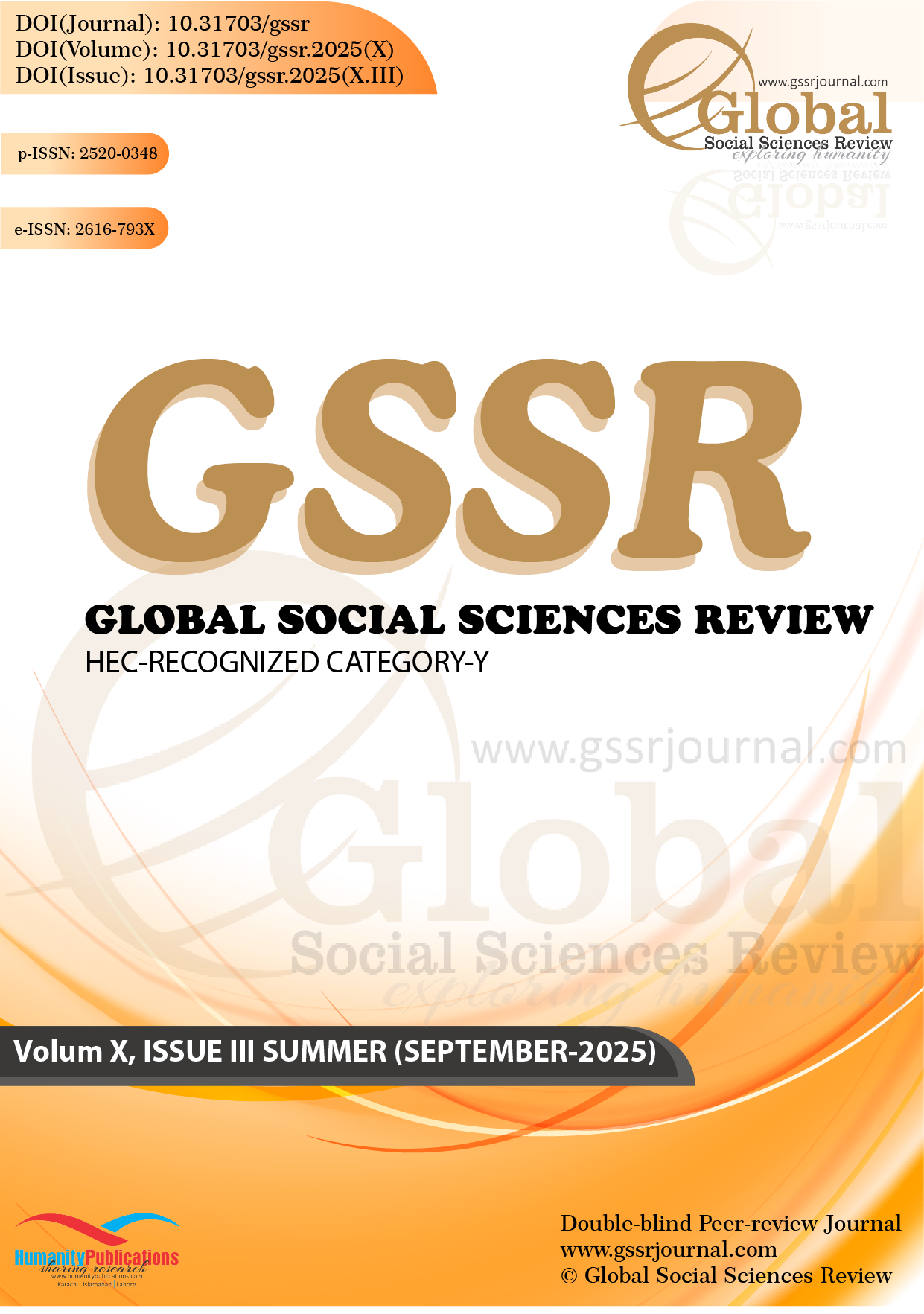 Volume X, Issue III (Summer 2025)
Volume X, Issue III (Summer 2025)  Volume X, Issue II (Spring 2025)
Volume X, Issue II (Spring 2025) 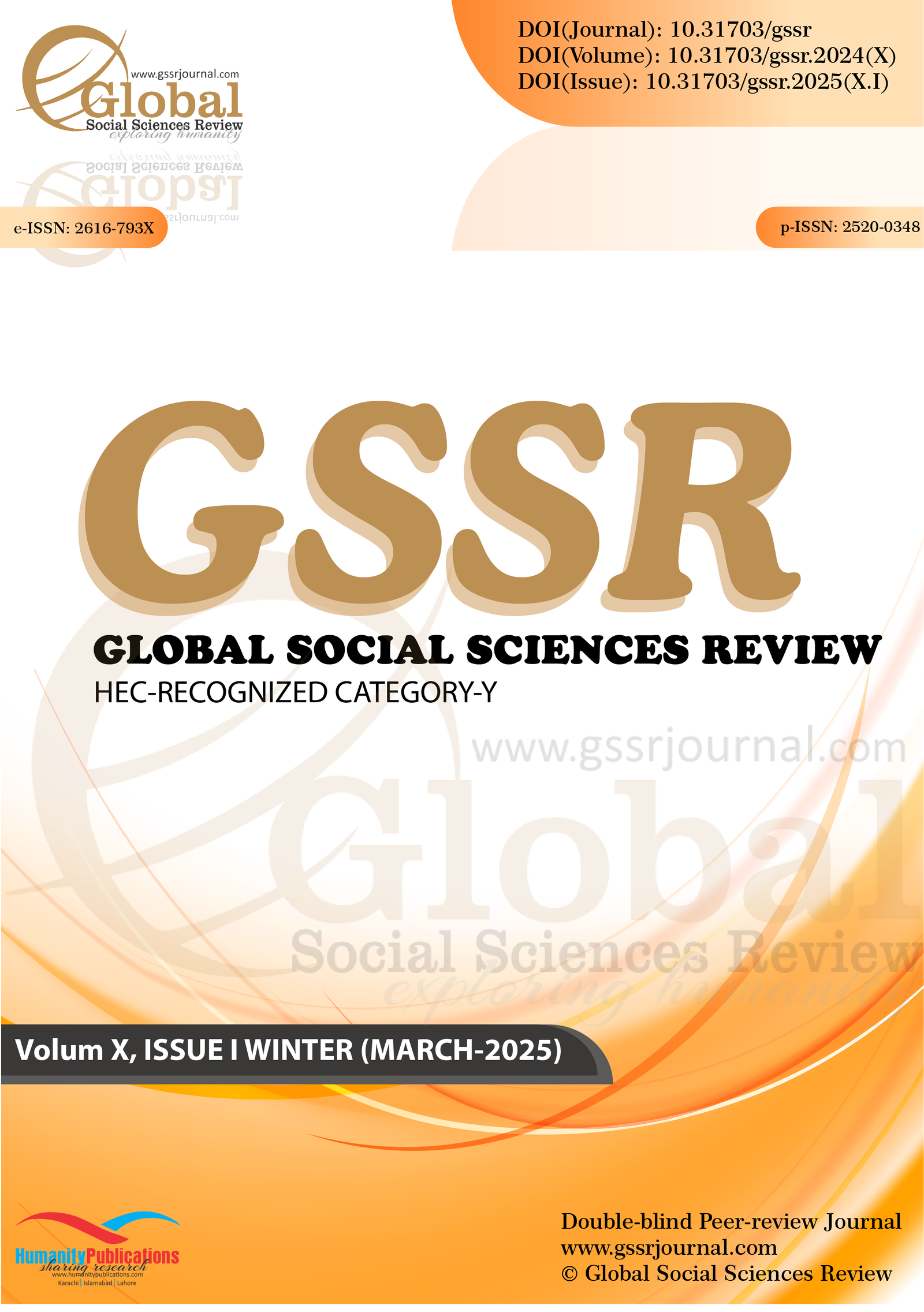 Volume X, Issue I (Winter 2025)
Volume X, Issue I (Winter 2025)  Volume IX, Issue IV (Fall 2024)
Volume IX, Issue IV (Fall 2024)  Volume IX, Issue III (Summer 2024)
Volume IX, Issue III (Summer 2024)  Volume IX, Issue II (Spring 2024)
Volume IX, Issue II (Spring 2024)  Volume IX, Issue I (Winter 2024)
Volume IX, Issue I (Winter 2024)  Volume VIII, Issue IV (Fall 2023)
Volume VIII, Issue IV (Fall 2023) 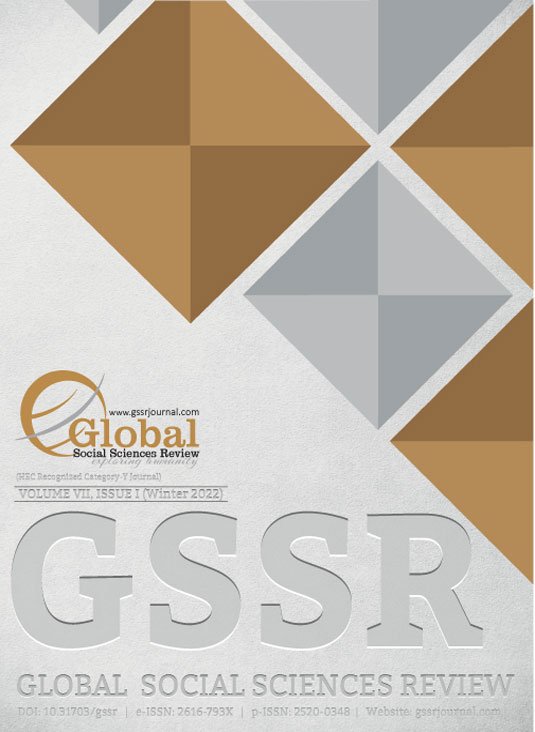 Volume VII, Issue IV (Fall 2022)
Volume VII, Issue IV (Fall 2022)  Volume VII, Issue III (Summer 2022)
Volume VII, Issue III (Summer 2022)  Volume VII, Issue II (Spring 2022)
Volume VII, Issue II (Spring 2022) 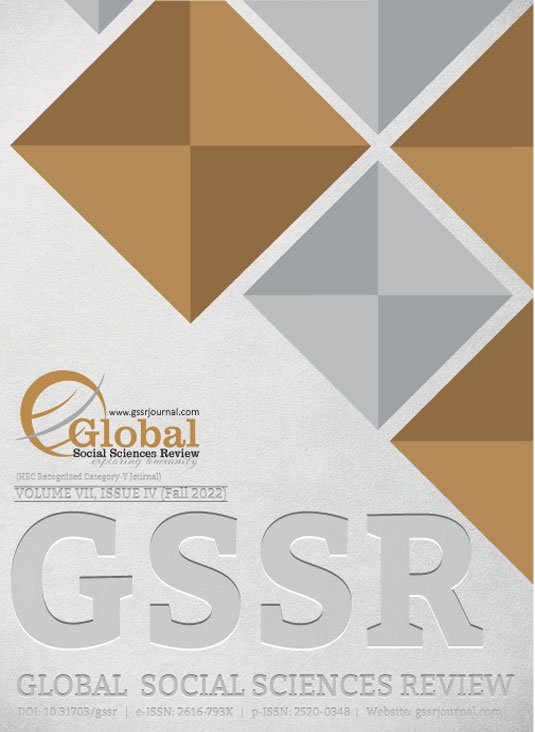 Volume VII, Issue I (Winter 2022)
Volume VII, Issue I (Winter 2022) 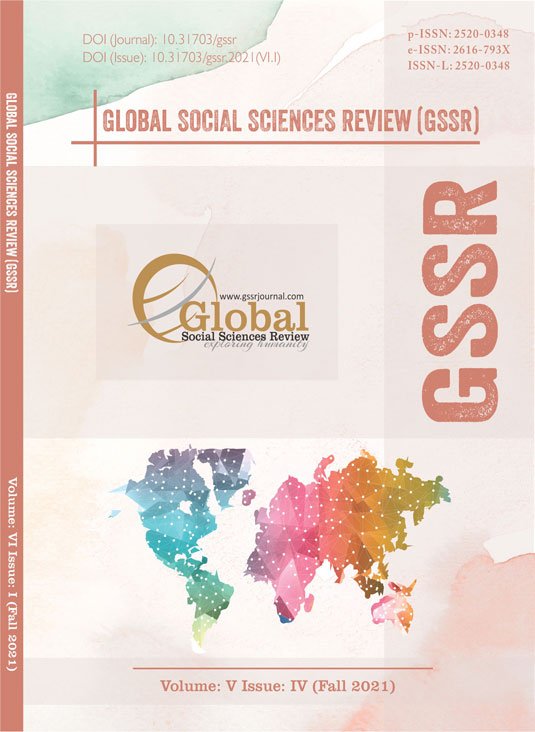 Volume VI, Issue IV (Fall 2021)
Volume VI, Issue IV (Fall 2021) 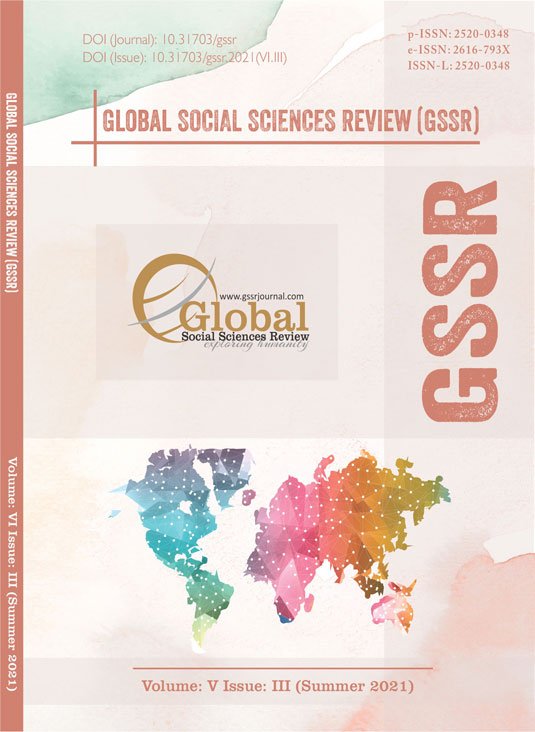 Volume VI, Issue III (Summer 2021)
Volume VI, Issue III (Summer 2021) 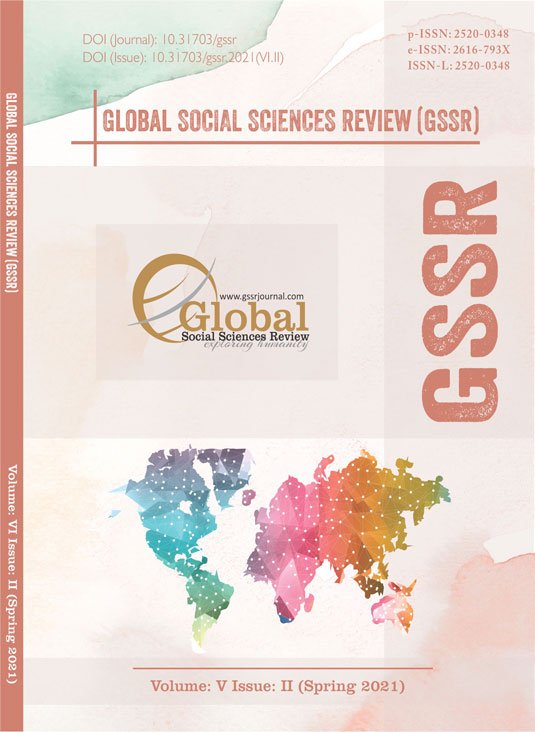 Volume VI, Issue II (Spring 2021)
Volume VI, Issue II (Spring 2021) 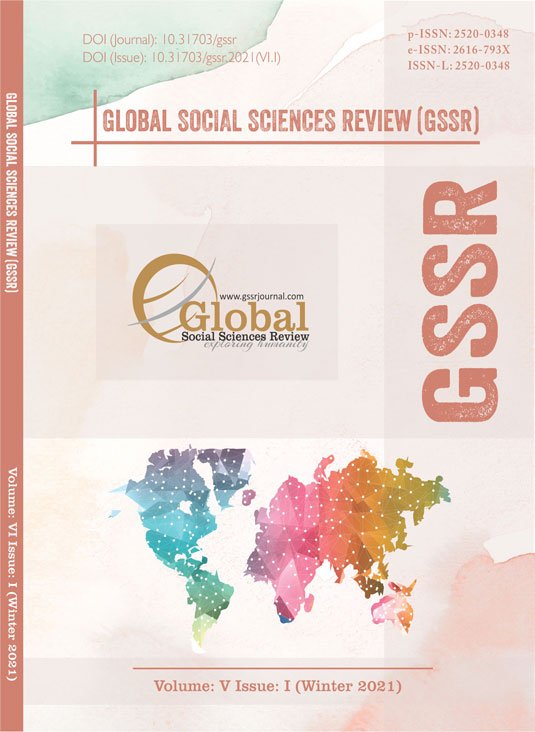 Volume VI, Issue I (Winter 2021)
Volume VI, Issue I (Winter 2021) 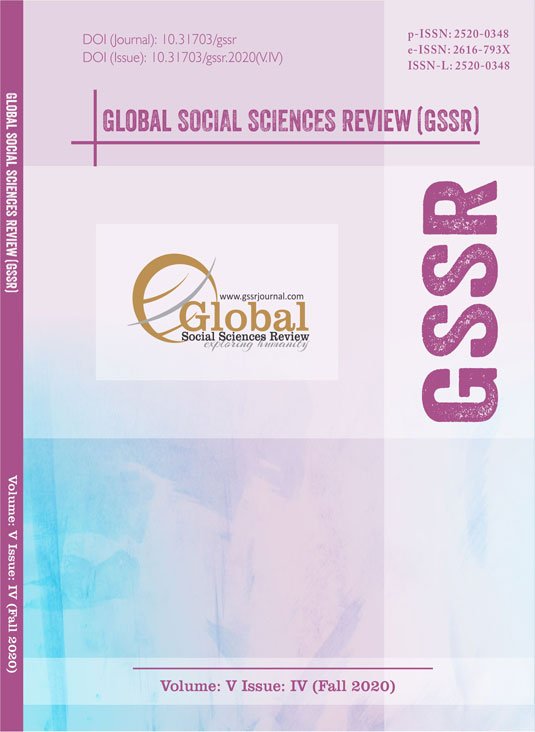 Volume V, Issue IV (Fall 2020)
Volume V, Issue IV (Fall 2020) 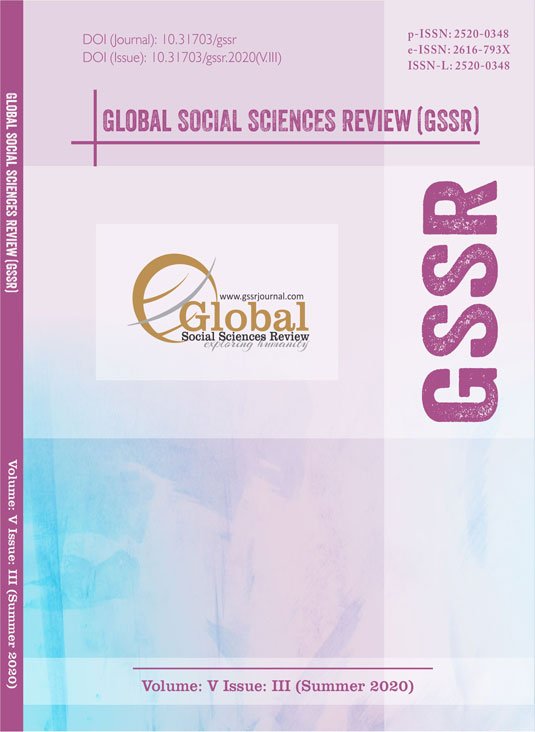 Volume V, Issue III (Summer 2020)
Volume V, Issue III (Summer 2020) 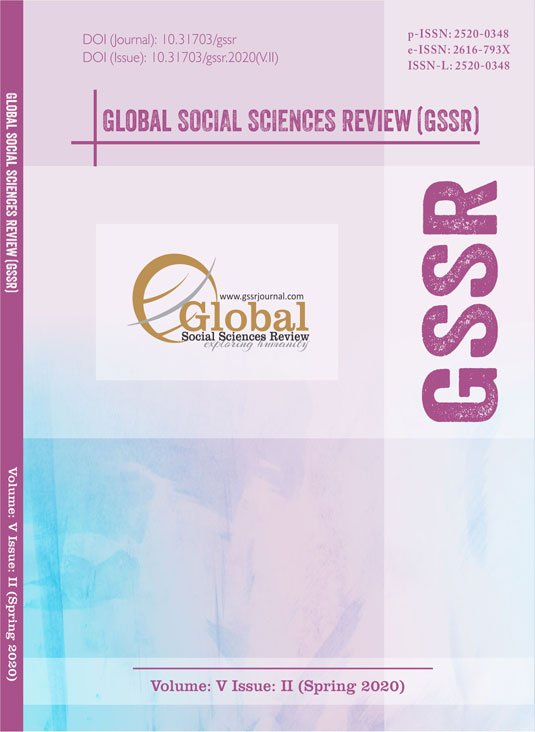 Volume V, Issue II (Spring 2020)
Volume V, Issue II (Spring 2020)  Volume V, Issue I (Winter 2020)
Volume V, Issue I (Winter 2020)  Volume IV, Issue IV (Fall 2019)
Volume IV, Issue IV (Fall 2019) 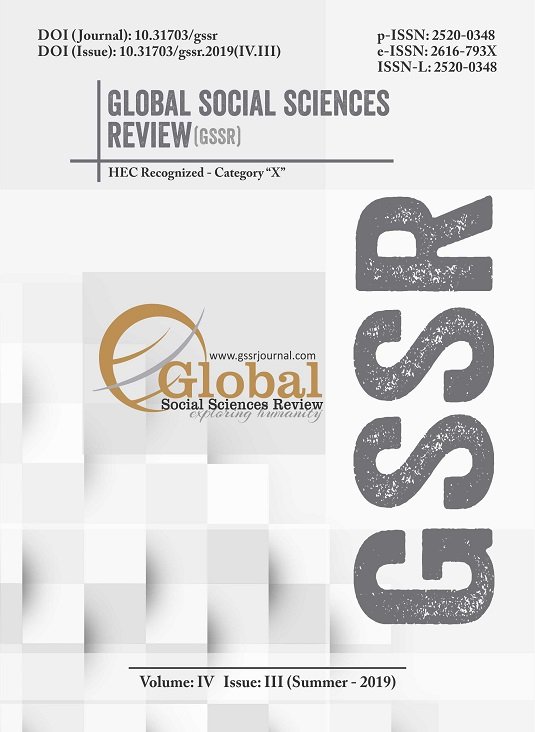 Volume IV, Issue III (Summer 2019)
Volume IV, Issue III (Summer 2019)  Volume IV, Issue II (Spring 2019)
Volume IV, Issue II (Spring 2019)  Volume IV, Issue I (Winter 2019)
Volume IV, Issue I (Winter 2019)  Volume III, Issue IV (Fall 2018)
Volume III, Issue IV (Fall 2018)  Volume III, Issue III (Summer 2018)
Volume III, Issue III (Summer 2018) 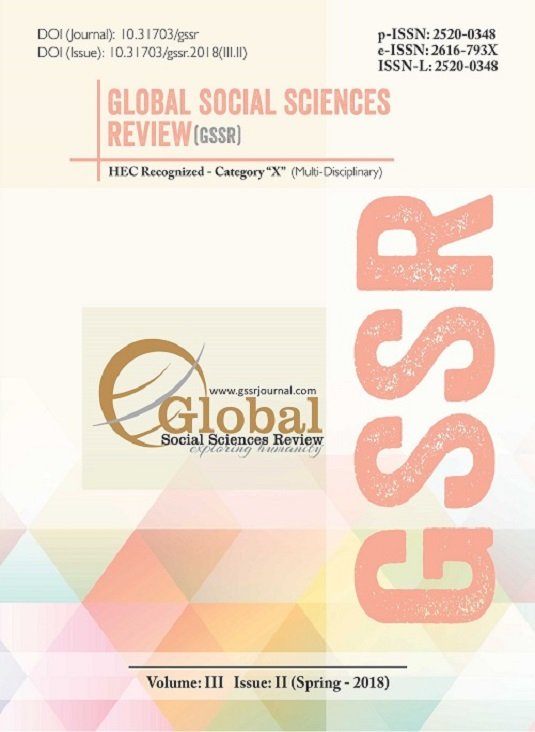 Volume III, Issue II (Spring 2018)
Volume III, Issue II (Spring 2018) 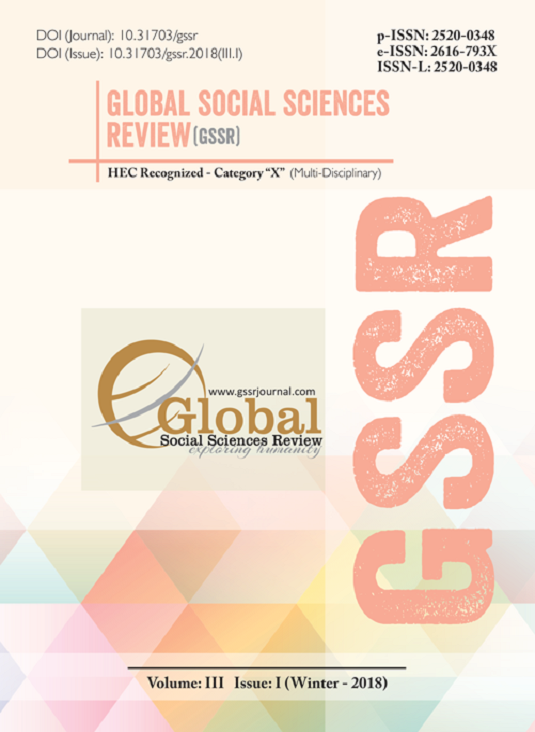 Volume III, Issue I (Winter 2018)
Volume III, Issue I (Winter 2018) 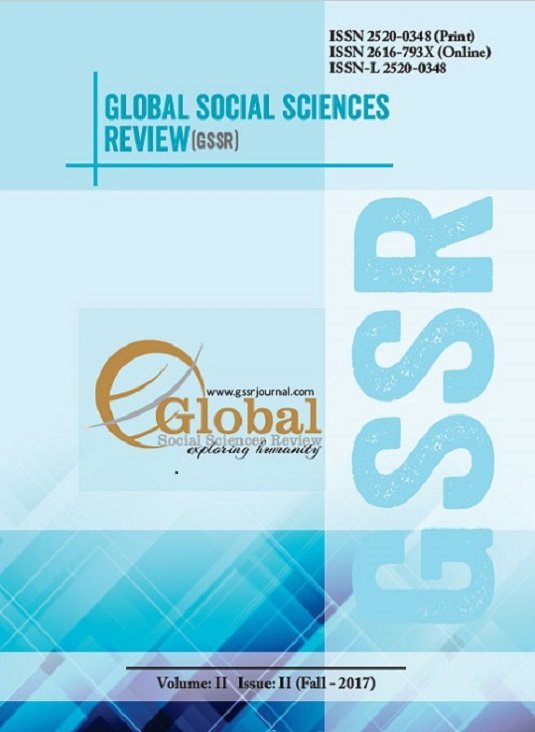 Volume II, Issue II (Fall 2017)
Volume II, Issue II (Fall 2017) 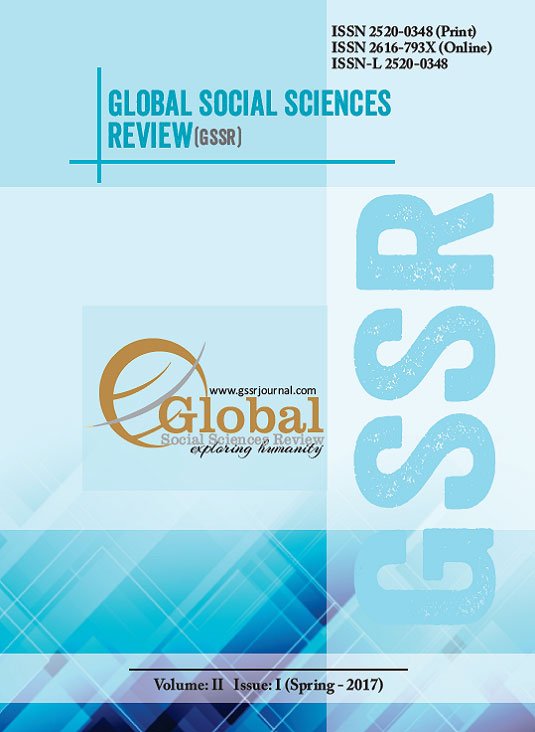 Volume II, Issue I (Spring 2017)
Volume II, Issue I (Spring 2017)  Volume I, Issue II (Fall 2016)
Volume I, Issue II (Fall 2016)  Volume I, Issue I (Spring 2016)
Volume I, Issue I (Spring 2016)